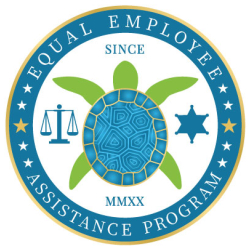Employee coverage is not only important for ensuring the physical and mental
well-being of employees, but it also plays a crucial role in protecting them from wrongful
discrimination in the workplace. Here are three main points to consider when it comes
to employee coverage and discrimination:
● Legal Protection: Employee coverage often includes legal protection against
discrimination and harassment. According to a study by the Equal Employment
Opportunity Commission, more than 72,000 discrimination charges were filed
with the agency in 2019. This is not just a legal requirement but a moral
responsibility of an employer to provide a safe and fair working environment.
Discrimination and harassment can cause immense emotional trauma and stress
to the employees. This legal protection can help to ensure that employees are
treated fairly and equitably, and it can provide a means for employees to seek
redress if they do experience discrimination
● Creating a Safe and Inclusive Workplace: Employee coverage can also help to
create a safe and inclusive workplace. By providing coverage against
discrimination and harassment, employers can send a message that
discrimination and harassment will not be tolerated. This helps to create a
culture of respect and inclusivity, which can lead to better employee morale,
productivity, and retention. A workplace where employees feel safe and
respected is not just good for the employees but also for the overall success of
the company.
● Compliance with Laws and Regulations: Employee coverage is also important for
compliance with laws and regulations. Employers are required by law to provide
certain types of coverage to their employees, and failure to do so can result in
penalties and fines. But more importantly, it is a moral responsibility to protect
employees from discrimination and harassment. By providing coverage against
discrimination and harassment, employers can ensure that they are in
compliance with the law and that they are doing their part to prevent
discrimination in the workplace and create a safe and fair working environment.
In conclusion, employee coverage is not only important for the health and safety of
employees, but also to protect them from wrongful discrimination in the workplace. It
provides legal protection, helps create a safe and inclusive workplace, and ensures
compliance with laws and regulations. Employers who invest in comprehensive
employee coverage can help create a fair and equitable workplace, where all employees
are treated with respect and dignity, and can work in an environment free from
discrimination and harassment.


